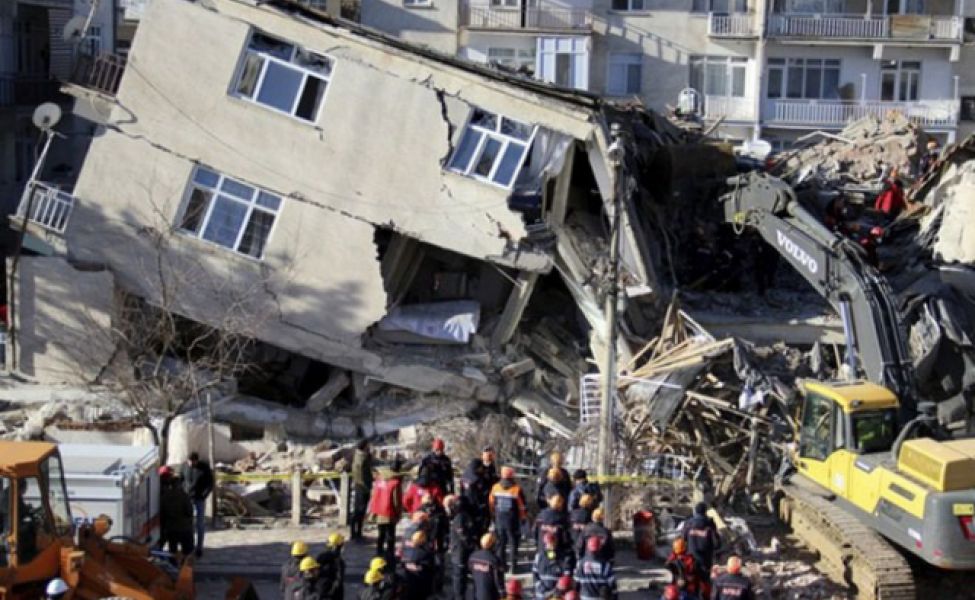
A 7.8-magnitude earthquake struck the Türkiye-Syria border area on 6 February, followed by another one nearly as strong
The Syria Earthquake Recovery Needs Assessment (SERNA) puts the total damages and losses at almost $9 billion, said El-Mostafa Benlamlih, UN Resident and Humanitarian Coordinator for Syria, who led the effort alongside the UN Country Team, the UN News Centre reported.
"The UN has been working tirelessly to respond to the series of powerful earthquakes that hit Türkiye and Syria in February 2023, and is dedicated to working with both local authorities and the international community to improve our coordinated response and identify recovery priorities to help affected communities recover from the disaster," Mr. Benlamlih said.
Tracking disaster risk priorities
Stemming from a collaborative effort among 11 UN agencies, funds and programmes working in Syria, the report aims at assessing the earthquakes’ impact on 38 sub-districts across five governorates of the country.
The assessment highlighted key damage and losses estimates across sectors and governorates, recovery, and disaster risk reduction priorities and implications for disaster resilient early recovery across Syria.
It also provided details on the extent of the losses and recovery needs caused by the earthquake to an already frail infrastructure and services across Syria as a result of 12 years of conflict.
Mr. Benlamlih warned that in the absence of recovery, «we can expect the number of people in need of humanitarian assistance to rise significantly by 2024».
Millions rely on aid
A 7.8-magnitude earthquake struck the Türkiye-Syria border area on 6 February, followed by another one nearly as strong. One of the biggest disasters to impact the region in recent times, tens of thousands of people were killed and many more injured, with thousands of collapsed buildings leaving countless people exposed to unforgiving winter conditions.
The earthquakes struck as the humanitarian crisis in northwest Syria was already at the highest level since the conflict began, with 4.1 million people relying on humanitarian assistance to survive.
Photo: gismeteo.kz.















